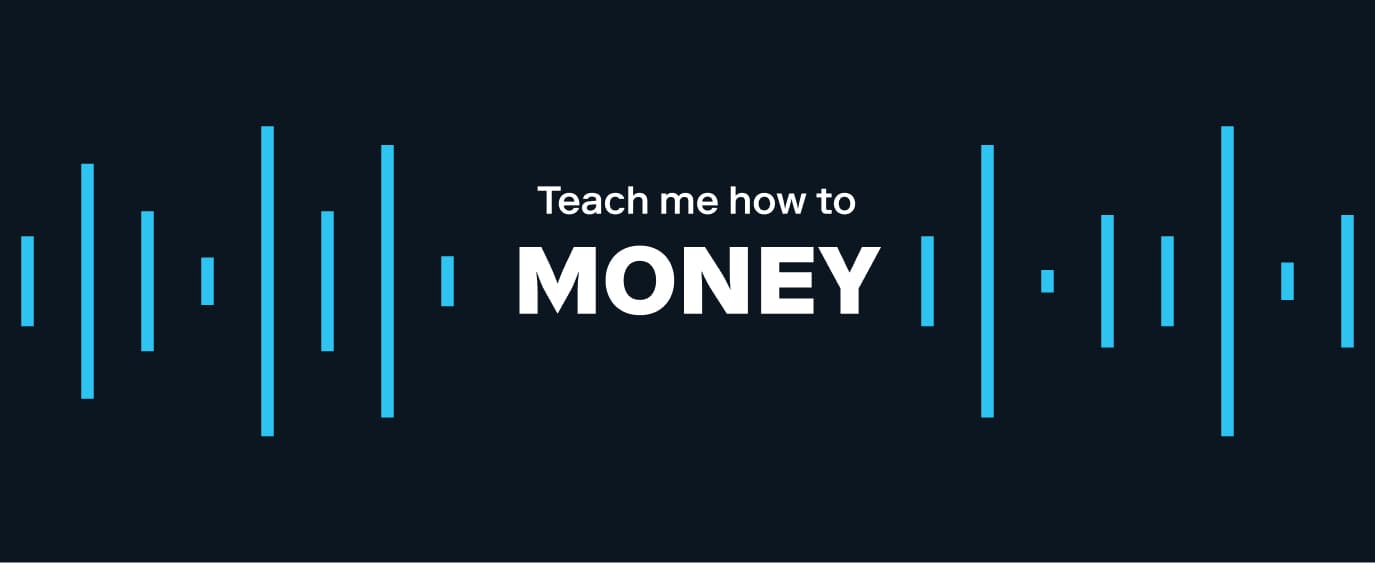Oct 08, 2019
Podcast: Why Finance Isn’t Just a Man’s World with Bola Sokunbi
Guest Bola Sokunbi talks about how women need different financial education and advice than men.

Leave us your review on Apple Podcasts, or wherever you listen to your favorite podcasts.
Hey, it’s a fact: Women do money differently than men. In this episode of Teach Me How to Money, financial educator Bola Sokunbi talks about how she addresses women’s needs when it comes to personal finance—and why it’s okay to get emotional.
Bola Sokunbi is a Certified Financial Education Instructor (CFEI), finance expert, author, speaker, and founder of Clever Girl Finance, a financial education platform and community for women empowering them to achieve financial wellness and live life on their own terms. Bola has been featured by several media outlets including Time.com, Money Magazine, Forbes, Essence, Black Enterprise, Cheddar TV, ABC News and The Chicago Tribune as well as on several other finance websites and podcasts.
Related articles

budgeting
May 04, 2025
How to Build Credit from Scratch in 2025

budgeting
Apr 27, 2025
Who gets the insurance check when a car is totaled?

budgeting
Apr 09, 2025
How to Make Extra Income While Working Full-Time

budgeting
Apr 08, 2025
How Much Does the Average American Make?

budgeting
Apr 07, 2025
How to Calculate Monthly Income

budgeting
Mar 14, 2025
How to Budget for Large Expenses
By using this website you agree to our Terms of Use and Privacy Policy. To begin investing on Stash, you must be approved from an account verification perspective and open a brokerage account.
